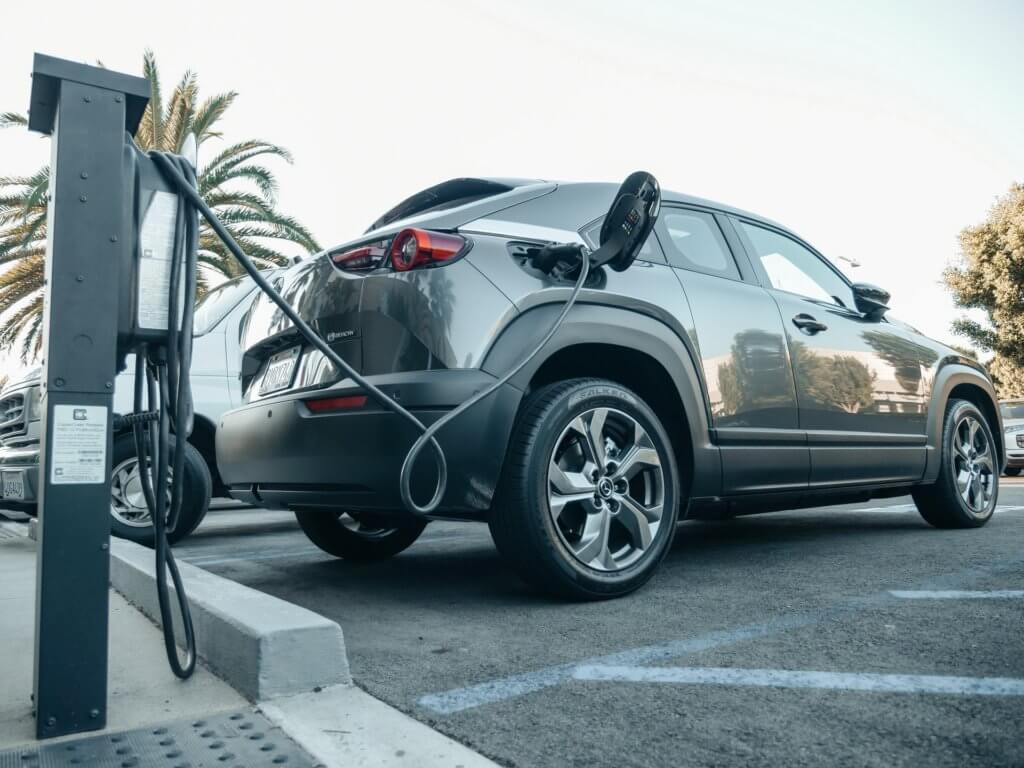PORTLAND, Ore. — In pursuit of a cleaner and greener energy future, the transition from fossil fuels to renewables comes with its own set of challenges and consequences. With the extraction, manufacturing, storage, and recycling of metals and minerals necessary for renewable technologies, such as electric cars and solar panels, impacting land, water, wildlife, and communities, a Portland State University professor is delving into the environmental effects of this transition.
Associate Professor Alida Cantor has been awarded a $650,000 grant from the U.S. Environmental Protection Agency (EPA) as part of their “Drivers and Environmental Impacts of Energy Transitions in Underserved Communities” program. The four-year funding is specifically dedicated to supporting early-career researchers like Cantor in investigating the impacts associated with renewable energy processes.
Cantor emphasizes that while the shift to cleaner energy sources is crucial, the entire lifecycle of renewable energy storage can have unintended environmental consequences. For example, the increased demand for lithium batteries and electric cars has led to concerns regarding water quality issues, habitat disruption, and the well-being of endangered species resulting from lithium mining.
“It’s easy to say that green energy is good without digging in critically to what it actually means for particular people in specific places. That’s what we’re trying to do here,” Cantor explains in a university release. “The energy transition needs to happen, but how do we make it better for the people involved along the way?”
Collaborating with researchers from San Jose State University, University of Nevada Reno, and California State Polytechnic University, Pomona, Cantor’s team aims to understand how renewable energy transitions can maximize positive impacts and minimize negative ones on underserved communities, ultimately promoting environmental justice.

The research will include interviews with community members affected by various renewable energy projects in Washington, Oregon, Nevada, and California. Case studies will include a proposed lithium mine, a geothermal lithium brine extraction facility, an electric car battery manufacturing facility, Tesla facilities, a battery energy storage facility, a pumped hydropower facility, and battery recycling plants. By engaging with project proponents, opponents, policymakers, and impacted community members, the team seeks to assess how benefits and burdens are distributed during energy transitions.
Cantor highlights the importance of studying projects in their planning or permitting stages, as they offer valuable insights into ongoing transformations. Additionally, the research will involve focus groups and workshops, bringing together community members from different sites to share experiences and develop best practices for governance and implementation. The ultimate goal is to ensure that energy transitions are sustainable and environmentally just.
You might also be interested in:
- Best Electric Bikes: Top 5 E-Bikes Most Recommended By Experts
- Best Electric SUVs Of 2023: Top 5 Models Most Recommended By Experts
- ‘You make it, you recycle it’: Half of Americans think big corporations have responsibility to be sustainable


Whatever consequences there are to using renewable resources they aren’t nearly as numerous as the number of obvious consequences using nonrenewable resources.
Some journalist needs to pull his head out of his anal track and drop this “Gee whiz look what I just thought up that nobody else thought of”.
I guess all the human rights violations and the endangering of children in 3rd world countries to get the materials for your “green” items is just the price you are willing to pay…right???
https://foreignpolicy.com/2020/06/18/green-energy-dirty-side-effects-renewable-transition-climate-change-cobalt-mining-human-rights-inequality/